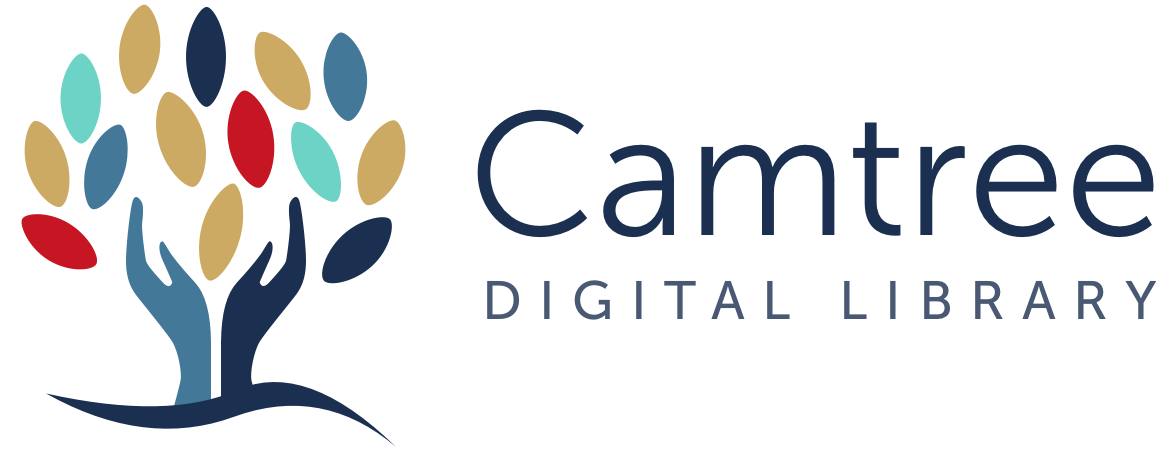Loading...
Using lesson study to develop strategies to help pupils overcome problems within reading
Hannant, L Madden, P Forshaw, C
Hannant, L
Madden, P
Forshaw, C
Files
Citations
Altmetric:
Authors
Editors
Date
2013
Educational Level
ISCED Level 1 Primary education
Curriculum Area
Geographical Setting
United Kingdom of Great Britain and Northern Ireland
Abstract
Background: The children at the school, in North Liverpool, come from a mix of socio economic backgrounds with the majority entering our nursery well below age related expectations. We focus on developing literacy skills across the school. Several intervention programmes run throughout the school and teachers have support from two Reading Recovery teachers.
Aims: Many children were totally reliant on phonics and were reluctant to use any other strategy to decipher unknown words. Our aim was to make them confident with a variety of strategies when tackling new texts and ensure they were always reading for meaning. We also wanted to develop teachers' knowledge of how to teach these strategies based on the reading recovery model.
Methods: The lesson study group aimed to improve guided reading for children in Year 2 by drawing on reading recovery approaches. One of the group was an experienced reading recovery teacher. Two Year 2 boys reading in a guided group of four boys were selected as case studies, and taught to use a variety of strategies to decipher new words.
Findings: The study found that both children became more independent, enjoyed reading more, and were accessing different reading materials. They were also reading for meaning, using a variety of strategies, and could discuss what they had read. Lesson Study has the potential to inform teachers as they develop their classroom practice to support reading.
Implications: The school plans to carry out more peer observations for guided reading and guided writing, and to incorporate multisensory and varied activities in guided reading sessions.
Description
Keywords (free text)
lesson study, reading recovery, guided reading, reading for meaning, primary education
